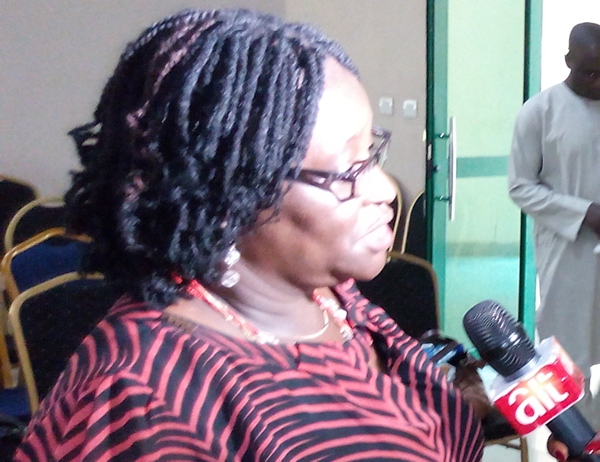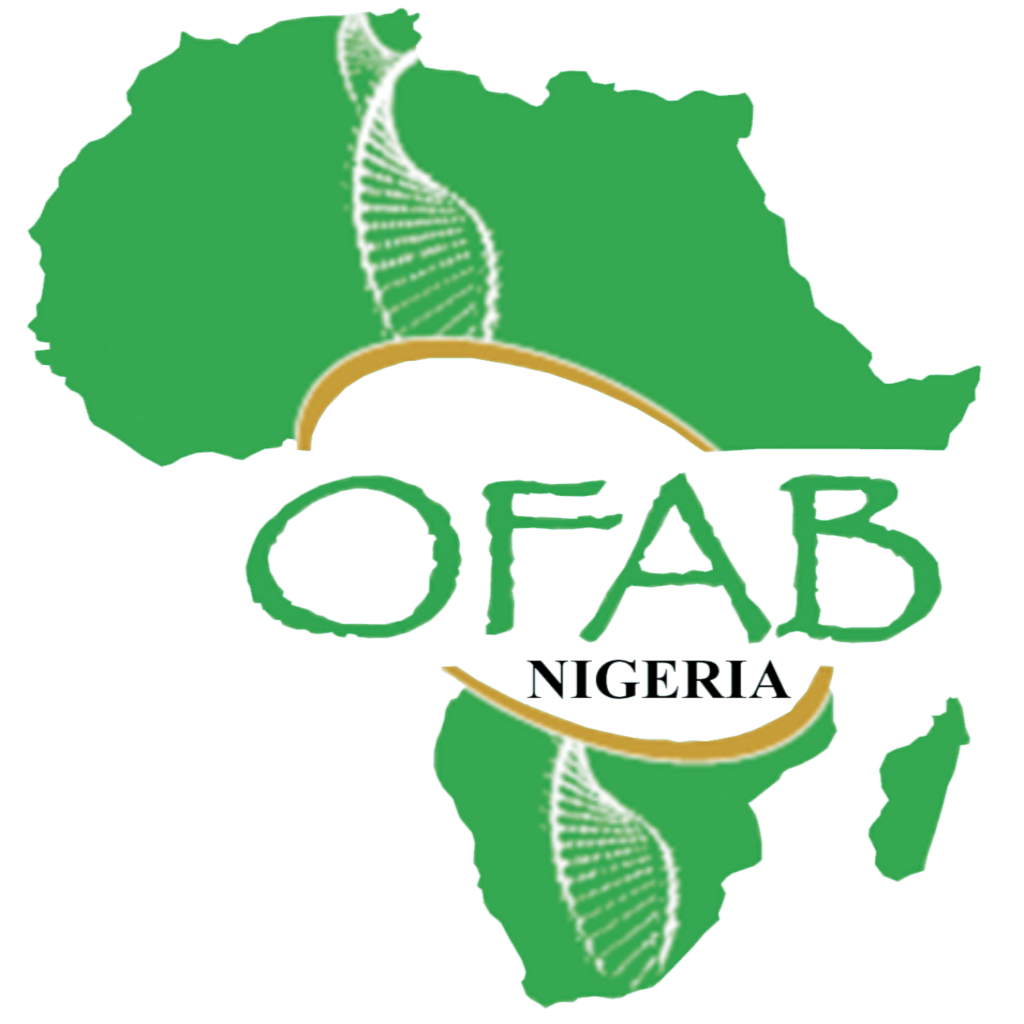
During the 15th National Conference of the Association of Catholic Medical Practitioners of Nigeria and Africa Regional Conference (FIAMC) organized by the Association of Catholic Medical Practitioners of Nigeria (ACMPN), Country Coordinator of Open Forum on Agricultural Biotechnology (OFAB) in Africa, Nigeria Chapter Dr Rose Gidado spoke on ‘Genetic improvement of Crops Through Modern Biotechnology: A Strategic Approach to Enhancing Public Health in Nigeria’.
Delivering her paper, she informed participants on the link between nutritional deficiency and crop improvements and how genetic improvement would boost nutritional value of crops, address hunger and enhance public health.Dr Gidado cited GM Cowpea and GM Cassava as case studies of crops that can be used to combat the serious health, nutrition and food challenges that have been posed by the COVID-19.
Genetic engineering technology, according to her, is one of the most powerful tools of the 21st century that can revolutionize the world system and solve basic problems such as hidden hunger, climate change, and the more recently, COVID-19.
Justifying her claims, she said “The link between malnutrition and immunodeficiency has been underscored; while diet constitutes a critical determinant of immune status, immunodeficiency is caused by malnutrition worldwide. Therefore, the need to give maximum attention to the diet and nutritional status of all age groups in Nigeria is critical and calls for emergency.”
Dr. Gidado further explained that the deployment of biotechnology tools can enable plant breeders engineer plants, most especially, staple crops such as rice, corn, cassava, and others to express such vital micronutrients that are necessary to boost the immune system while also reducing cost and making it available to everyone. She went further to tell the GM Cassava story in Nigeria, she said that the Genetic Modification of Cassava has increased the Iron and Zinc contents of the crop.
Continuing her lecture, she stated that the tools of agricultural biotechnology have been deployed to improve cassava with the aim of having cassava with higher expression levels of Iron and Zinc. She reiterated that the transgenic crop technology has made it possible to insert genes of interest directly into the plant genome in a faster and cheaper way than the conventional plant breeding programs.
Speaking on the Pod-Borer Resistant Cowpea evaluations, she mentioned that the PBR-cowpea consistently gave higher grain yields (20-80 per cent) in confined farmers managed field trials than the conventional cowpea variety while it reduced the need for insecticidal sprays from 6-10 times to two.
While for the environmental safety assessment, field comparisons did not identify any significant differences that would indicate any unintended change in the weediness or invasiveness of conventional cowpea cultivars; gene flow between domesticated and wild cowpea does occur, but does not represent hazards to the environment, human or animal health, or biodiversity; PBR cowpea does not display any altered plant pest potential; PBR cowpea will not result in altered impacts on non-target organisms, except for the target lepidopteran insect species (e.g., Maruca vitrata).
On the basis of confidence in GMOs, Numerous scientists have examined GM foods in numerous studies over the past three decades and have concluded that it is safe; Consumers have been eating GM foods since 1996; no evidence so far of any harm from GM; International organizations such as World Health Organization (WHO), Food and Agriculture Organization (FAO), have examined the evidence of safety and have indicated that GM foods are not less safe; GE technology does not increase the likelihood of food allergies or create new toxins, Dr Gidado explained.
Other participants in the programme include: the Honorable Minister for Health, Dr Osagie Ehanire (Chief Guest of Honor); Honorable Minister for Federal Capital Territory (FCT), Mohammed Musa Bello (Guest of Honor); Honorable Minister for Women Affairs, Dame Pauline K. Tallen, KSG (Special Guest of Honor); Chairman Senate Committee on Primary Health Care and Communicable Diseases, Senator ChukwukaUtazi (Guest of Honour); and Founder/CEO at Centre for Values in Leadership, Prof Pat Utomi (Chairman of the occasion); Assistant Executive Secretary, Ugandan Catholic Medical Bureau, Dr Ronald M. Kasyaba (Keynote Speaker). Other notable Guests who also doubled as speakers included but not limited to: Dr Peter Yeboah who spoke on accelerating UHC through strengthening and integrating government and Catholic health services; Rev. Fr Joseph Obada spoke on Natural Reproductive Techniques: Bioethical issues, Cultural and Faith in Healthcare; Prof Titus Ibekwe who spoke on: “Ensuring continuity of essential health services during epidemics and pandemics: the role of the Catholic doctor”.

